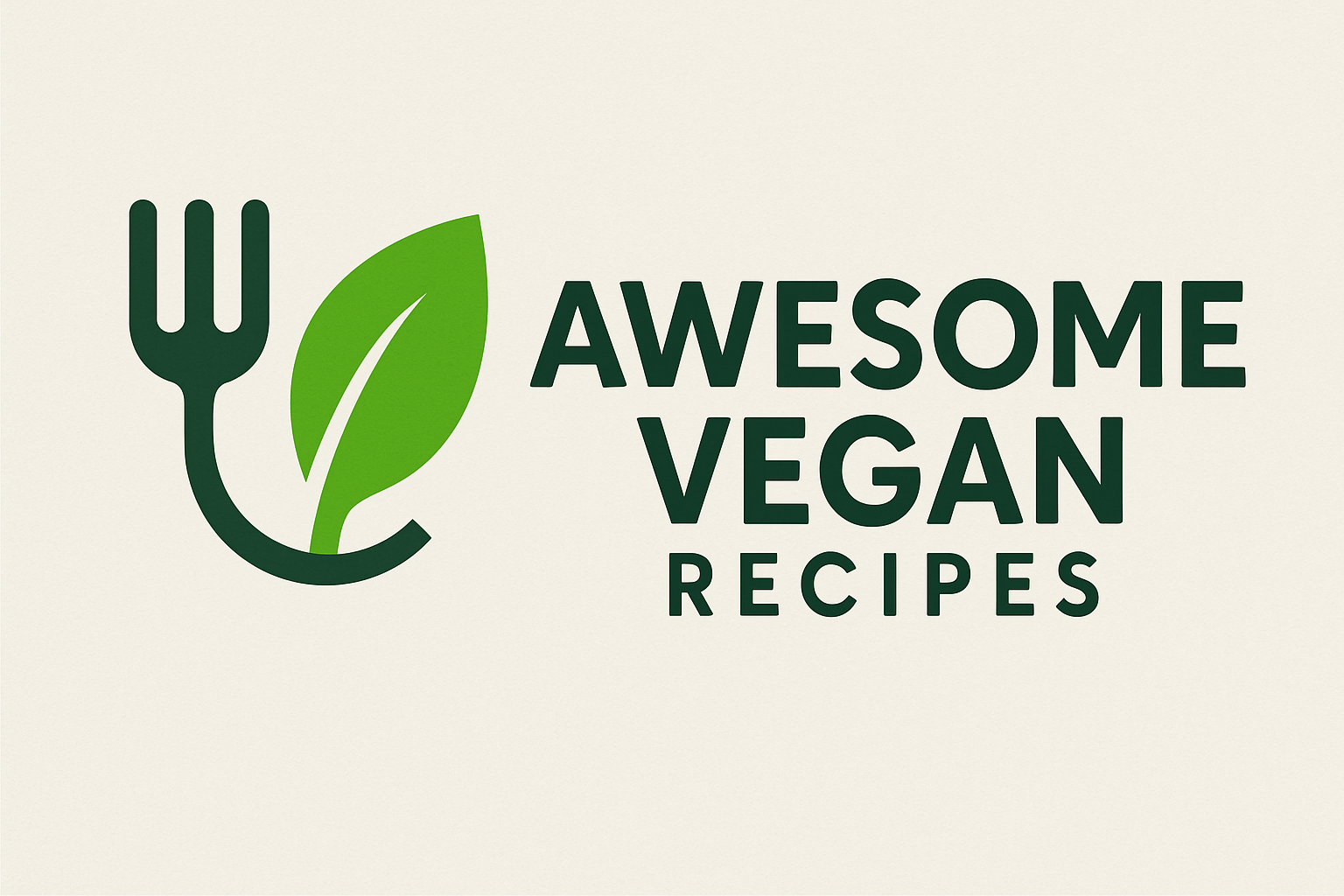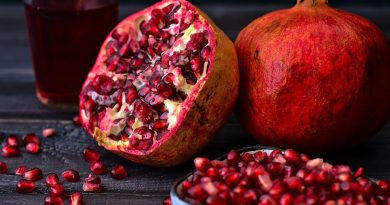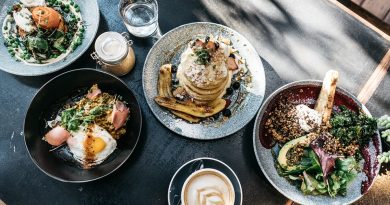Plant-Powered Peace: How a Vegan Diet Can Help Ease Anxiety
Plant-Powered Peace: How a Vegan Diet Can Help Ease Anxiety
Living with anxiety can be a challenging and overwhelming experience. From racing thoughts and feelings of dread to physical symptoms like heart palpitations and trouble sleeping, anxiety can impact all aspects of daily life. While there are various treatments available, one often-overlooked approach to managing anxiety is through diet and lifestyle choices. In particular, adopting a vegan diet can have significant benefits for easing anxiety and promoting overall mental well-being.
Understanding Anxiety and its Relationship with Diet
Anxiety is a complex mental health condition that can be influenced by a range of factors, including genetics, environment, and lifestyle choices. While there is no one-size-fits-all solution for managing anxiety, research has shown that diet plays a key role in the development and severity of anxiety symptoms. In particular, a diet high in processed foods, sugar, and animal products has been linked to increased inflammation in the body, which can exacerbate anxiety symptoms.
On the other hand, a plant-based diet rich in fruits, vegetables, whole grains, and legumes has been shown to reduce inflammation and promote overall mental well-being. By choosing plant-based foods that are rich in nutrients like vitamins, minerals, and antioxidants, individuals can support their brain health and reduce the risk of anxiety disorders.
The Connection Between Gut Health and Anxiety
The gut-brain connection is a well-established relationship that plays a crucial role in mental health. Research has shown that an imbalance in the gut microbiome, known as dysbiosis, can lead to increased inflammation and impact neurotransmitter function, contributing to anxiety symptoms. A vegan diet, which is typically high in fiber and plant-based foods, can support gut health by promoting the growth of beneficial bacteria and reducing inflammation in the gut.
Additionally, plant-based foods contain prebiotics, which are non-digestible fibers that serve as food for beneficial gut bacteria. By incorporating a variety of fruits, vegetables, whole grains, and legumes into their diet, individuals can support their gut health and improve their overall mental well-being.
The Role of Omega-3 Fatty Acids in Anxiety
Omega-3 fatty acids are essential fats that play a critical role in brain health and function. Research has shown that individuals with anxiety disorders often have lower levels of omega-3 fatty acids in their blood, which can contribute to increased inflammation and altered neurotransmitter function. While omega-3 fatty acids are commonly found in fatty fish like salmon and mackerel, plant-based sources such as flaxseeds, chia seeds, walnuts, and algae oil can also provide this important nutrient.
By including these plant-based sources of omega-3 fatty acids in their diet, individuals can support their brain health and potentially reduce anxiety symptoms. Additionally, supplementing with algae oil, which contains long-chain omega-3 fatty acids like EPA and DHA, can be a beneficial option for vegans looking to ensure they are meeting their omega-3 needs.
The Benefits of Plant-Based Antioxidants for Anxiety
Antioxidants are compounds that help protect the body from oxidative stress and inflammation, both of which can contribute to anxiety and other mental health conditions. Plant-based foods are rich sources of antioxidants, including vitamins C and E, beta-carotene, and polyphenols, which can help reduce inflammation and support brain health.
Incorporating a variety of colorful fruits and vegetables into the diet, such as berries, leafy greens, peppers, and tomatoes, can provide a range of antioxidants that support mental well-being. Additionally, herbs and spices like turmeric, ginger, and cinnamon are rich in antioxidants and have been shown to have anti-inflammatory properties, making them beneficial additions to a vegan diet for managing anxiety.
Practical Tips for Incorporating a Vegan Diet for Anxiety Relief
Making the transition to a vegan diet can seem overwhelming at first, but with the right approach, it can be a rewarding and effective way to support mental well-being. Here are some practical tips for incorporating a plant-based diet to help ease anxiety:
– Start slowly by gradually increasing the amount of plant-based foods in your diet and exploring new recipes and flavors.
– Focus on whole, unprocessed foods like fruits, vegetables, whole grains, legumes, nuts, and seeds to ensure you are getting a wide range of nutrients.
– Experiment with plant-based sources of protein like tofu, tempeh, lentils, and beans to meet your protein needs and support brain health.
– Incorporate omega-3 rich foods like flaxseeds, chia seeds, walnuts, and algae oil into your diet to support brain health and reduce inflammation.
By taking a holistic approach to managing anxiety through diet and lifestyle choices, individuals can support their mental well-being and promote a sense of plant-powered peace. Embracing a vegan diet rich in plant-based foods, antioxidants, omega-3 fatty acids, and gut-supporting nutrients can help ease anxiety symptoms and support overall mental health. With a focus on nourishing the body and mind with nutrient-dense, plant-powered foods, individuals can experience the transformative benefits of a vegan lifestyle for their mental well-being.






